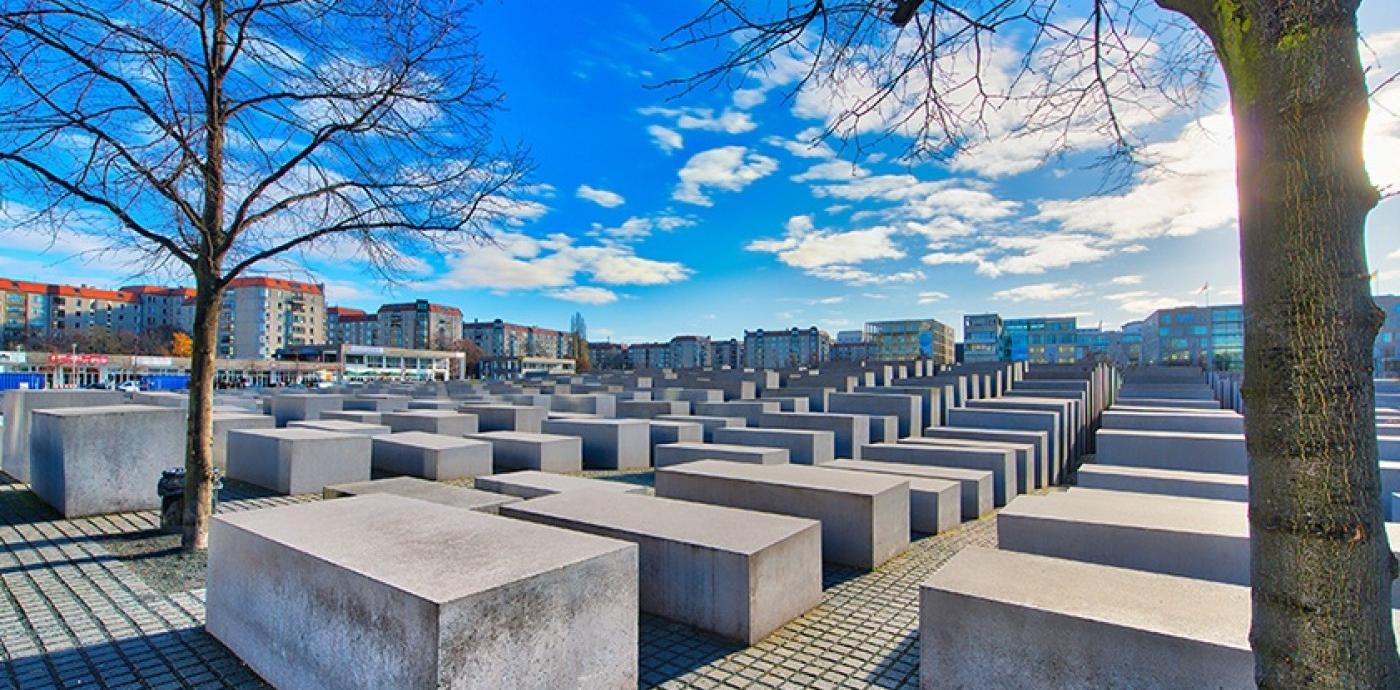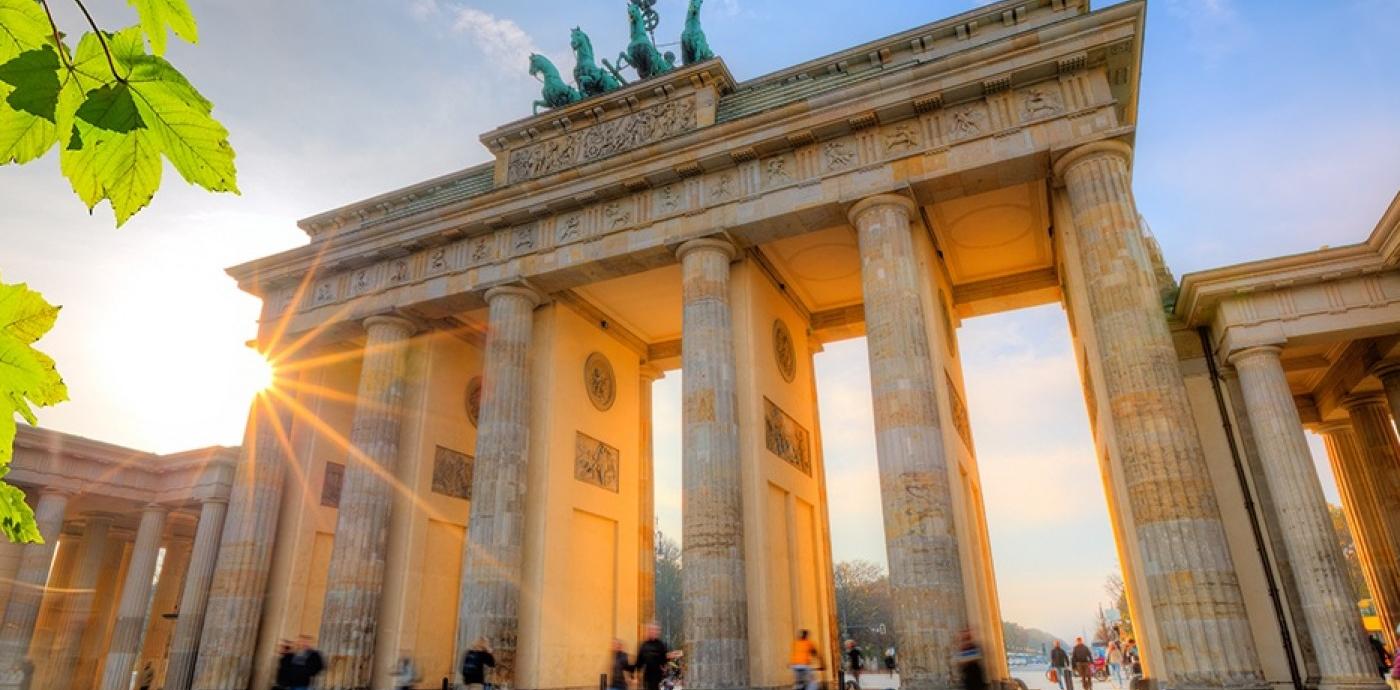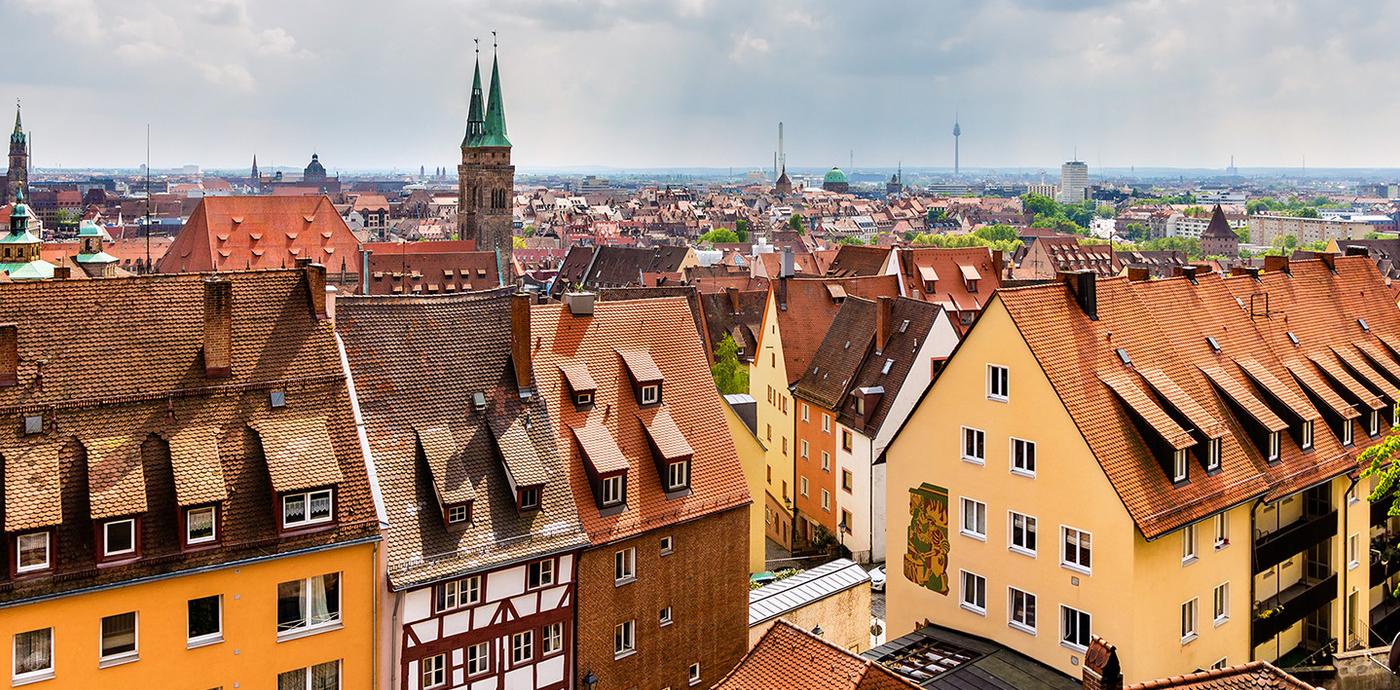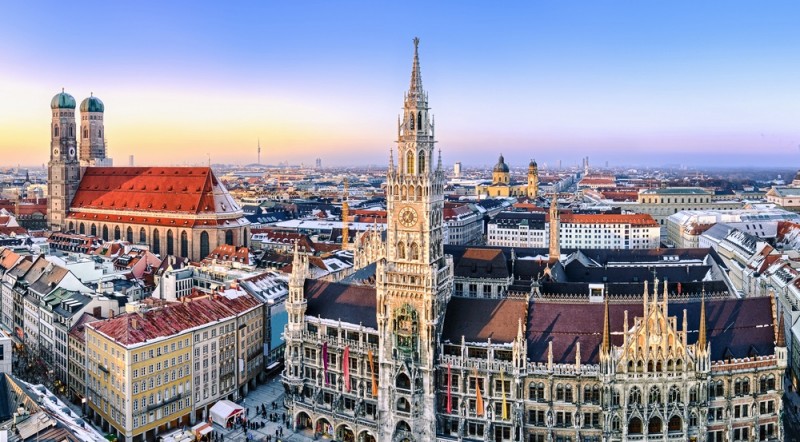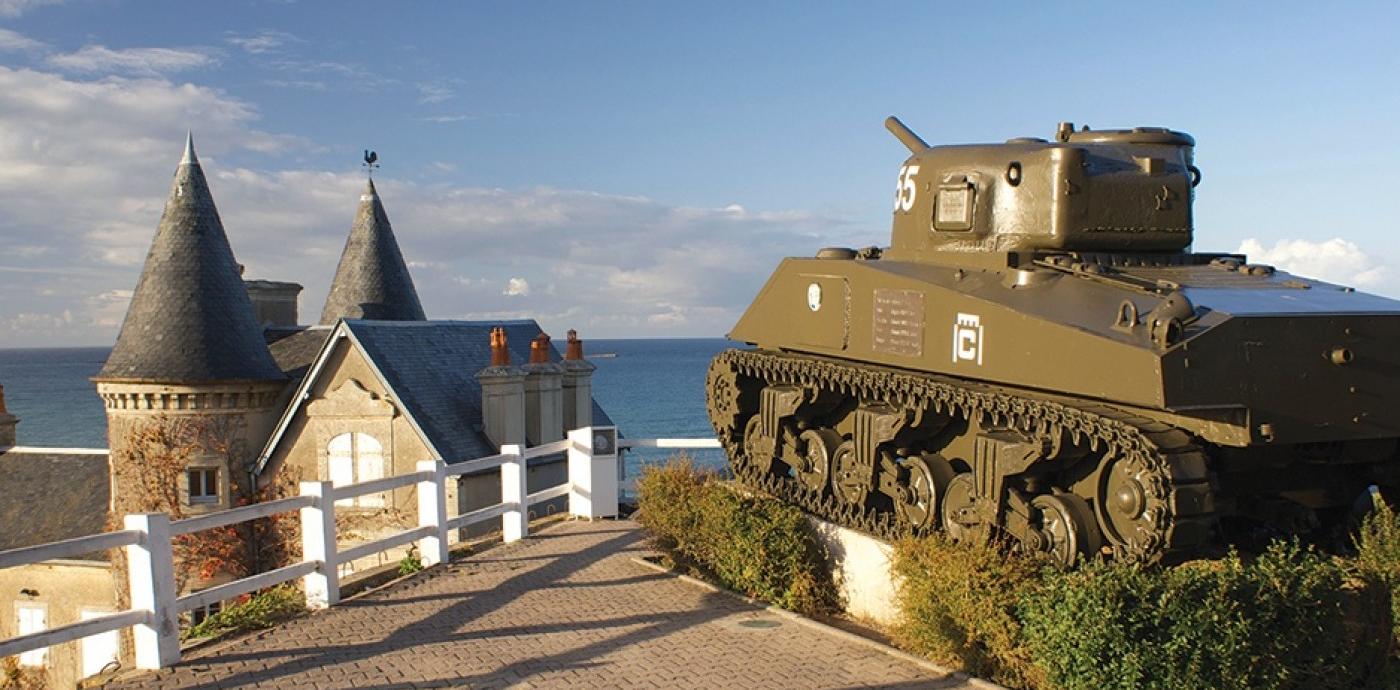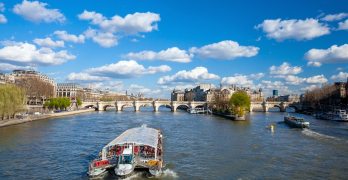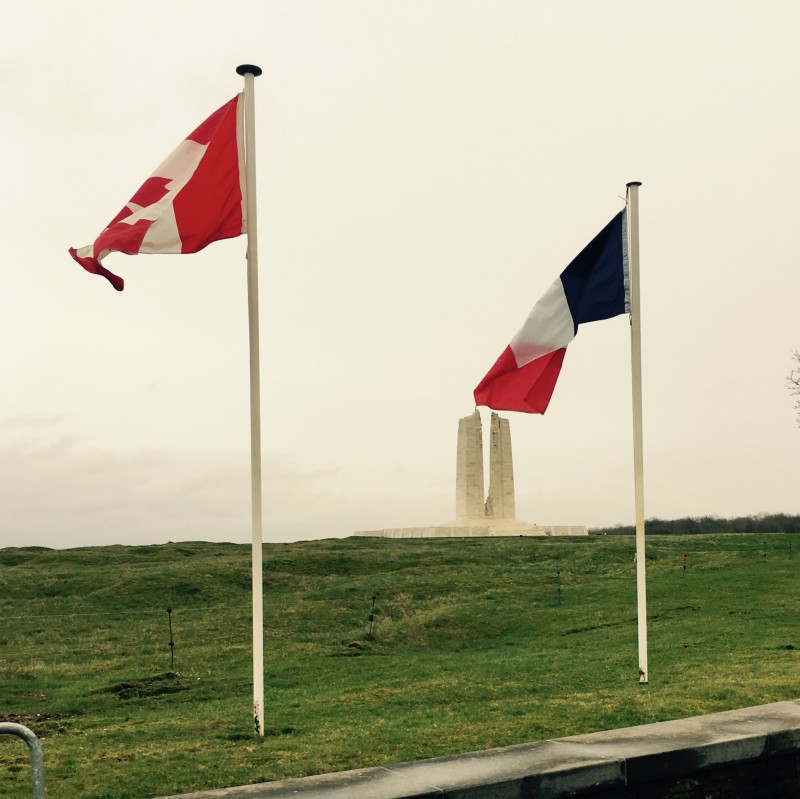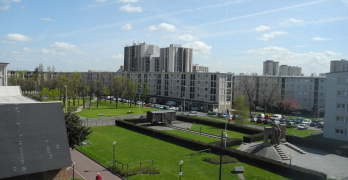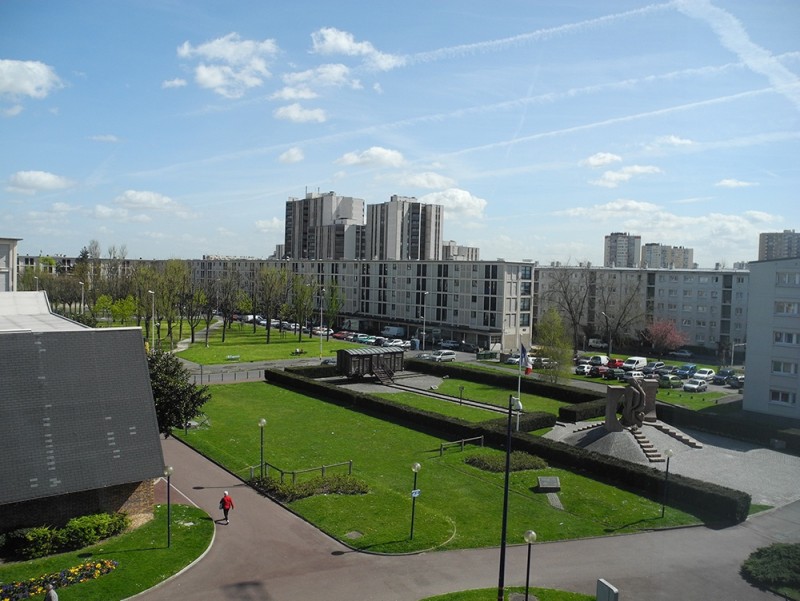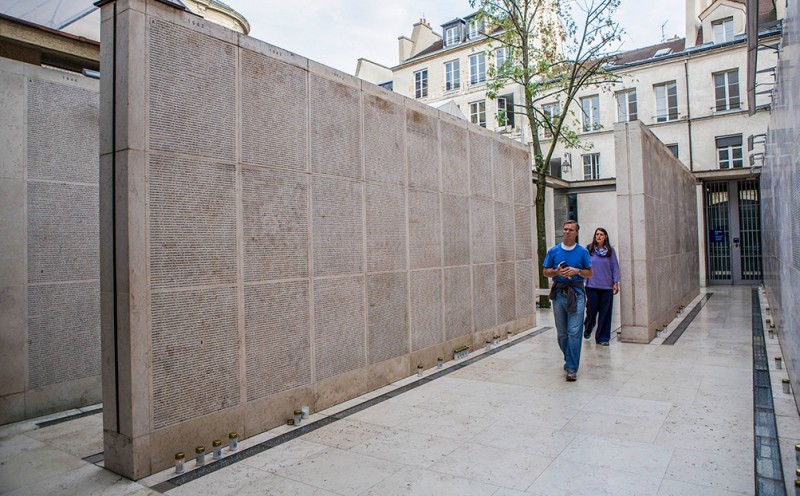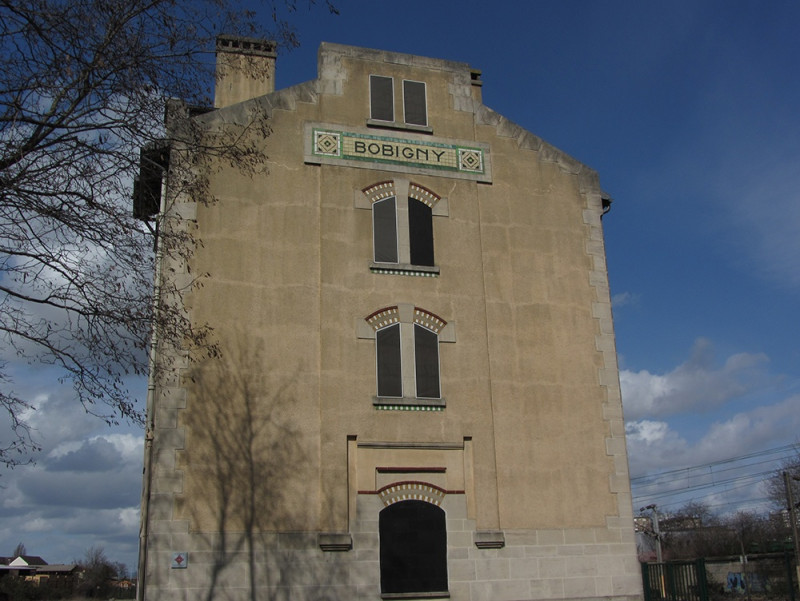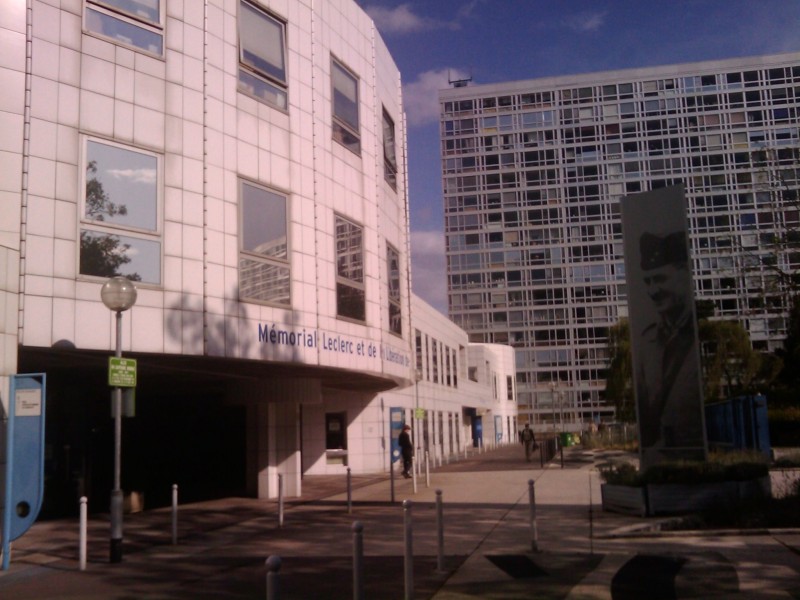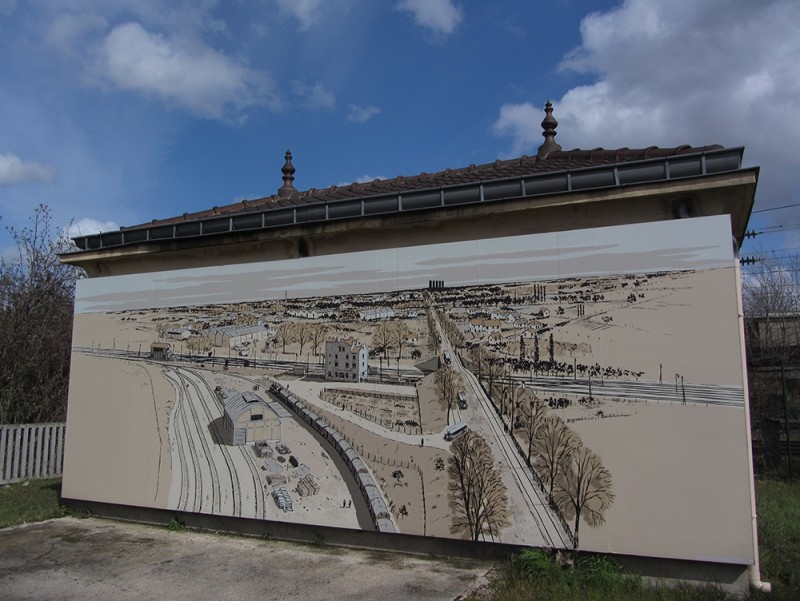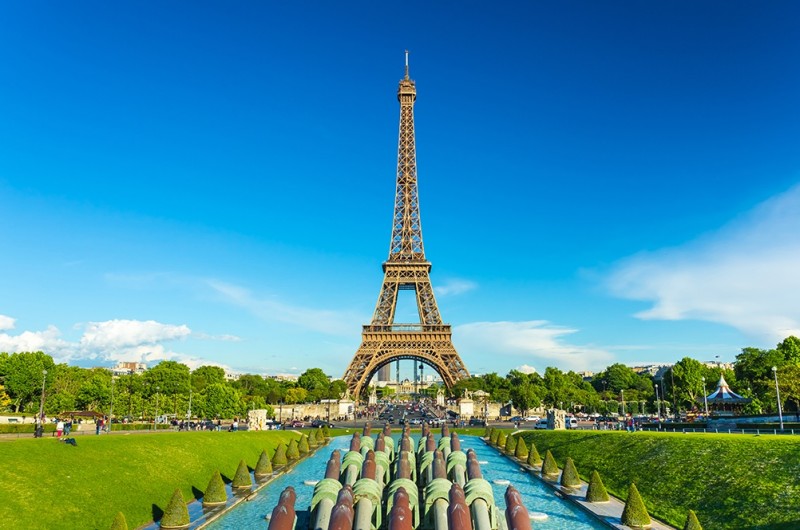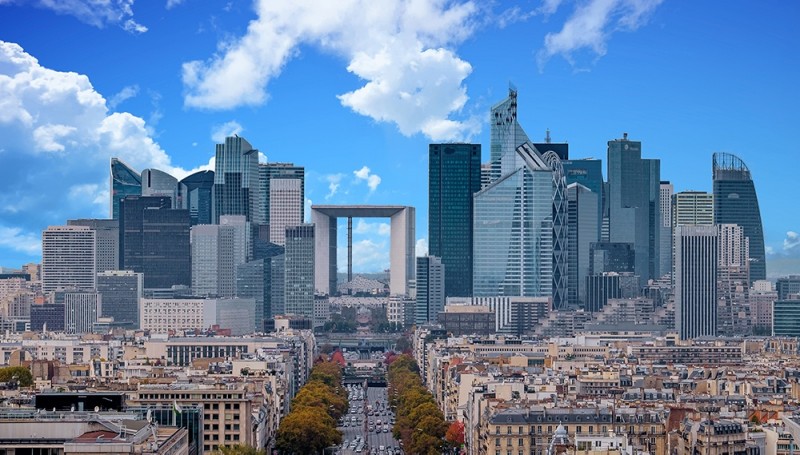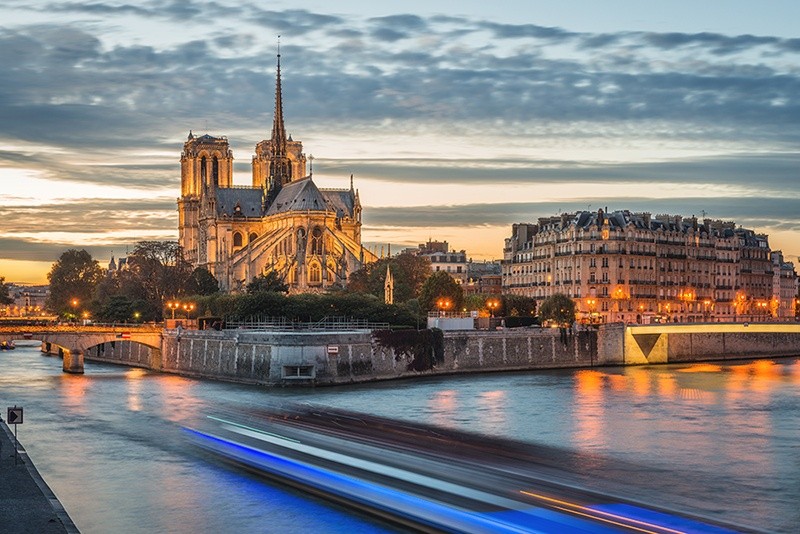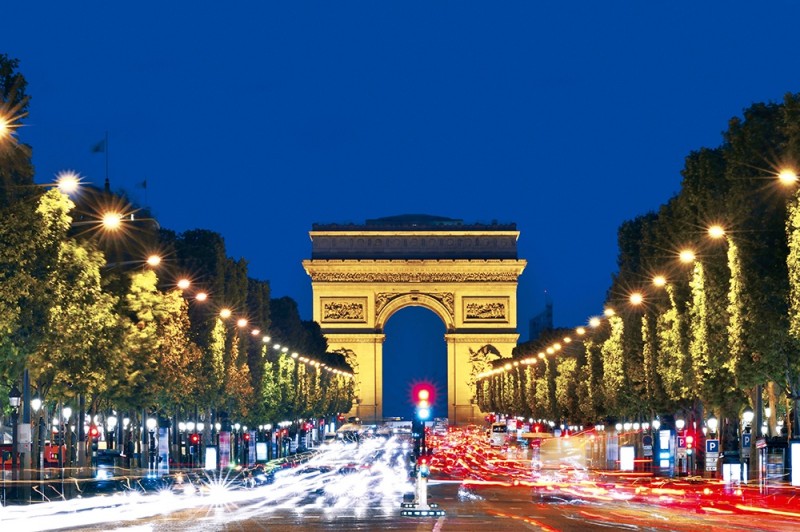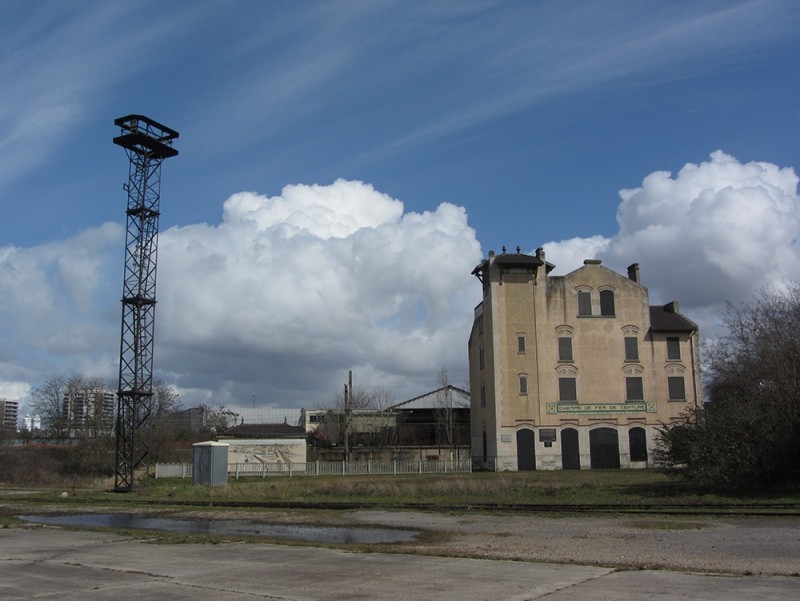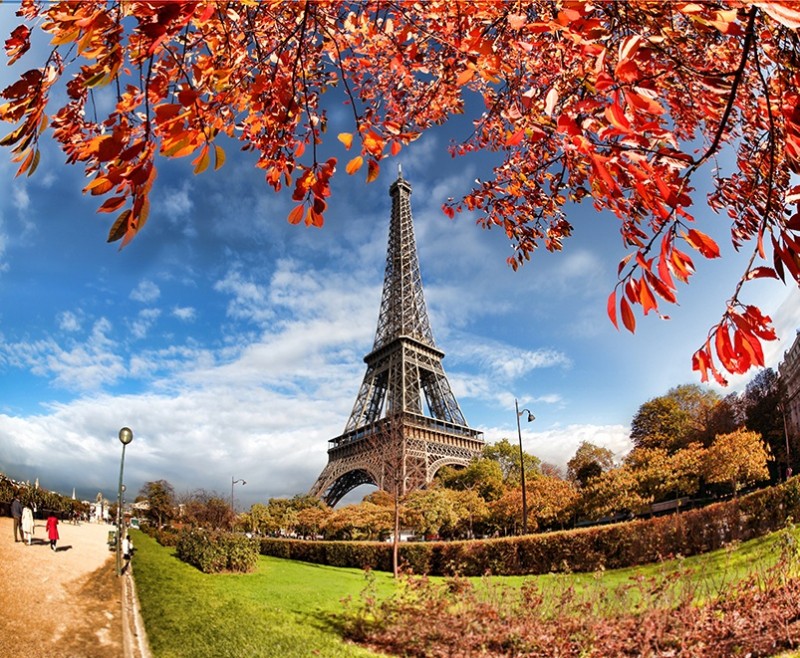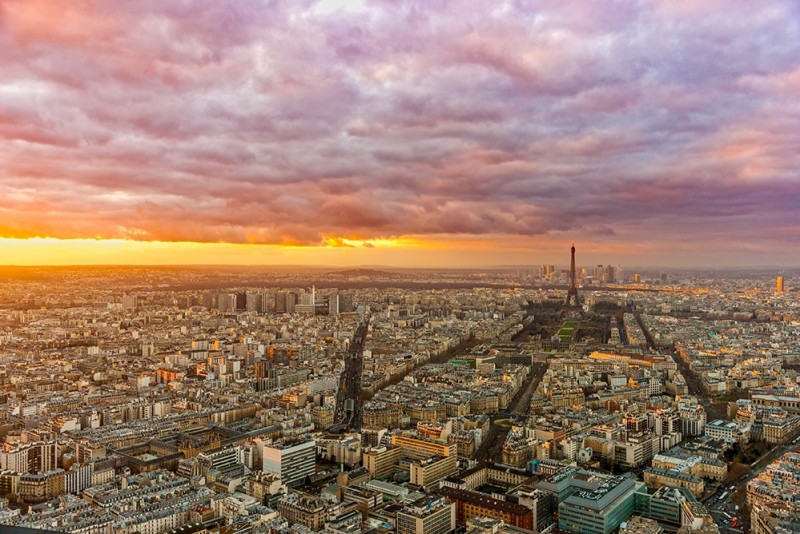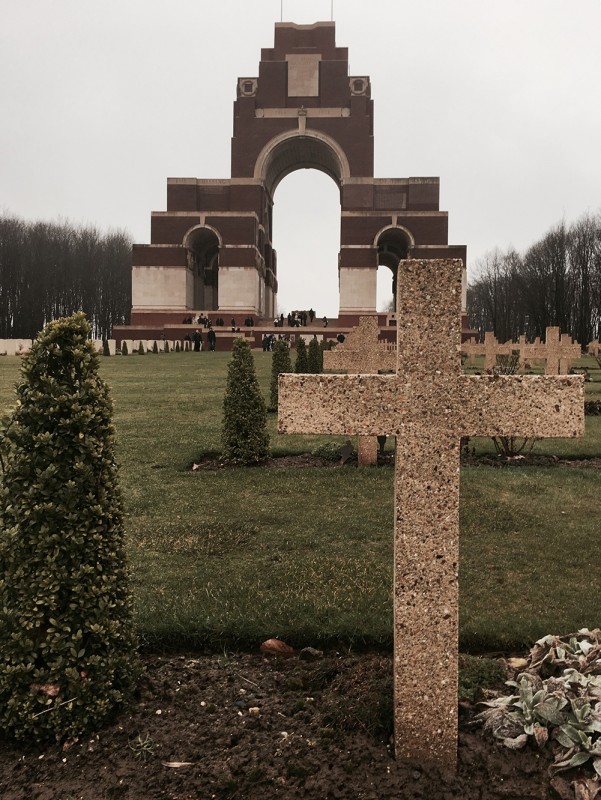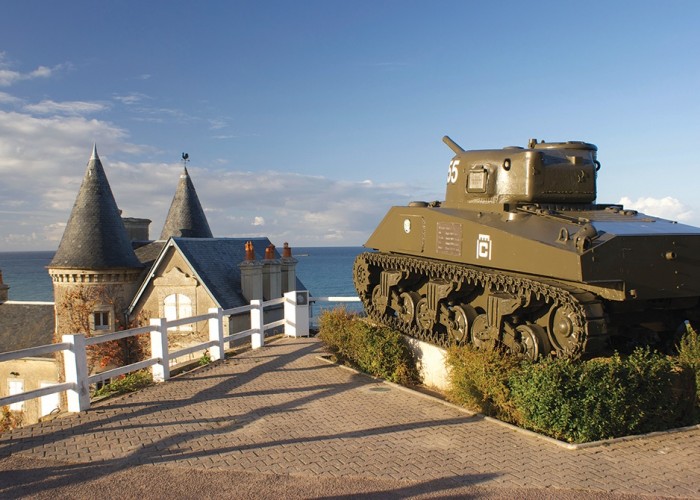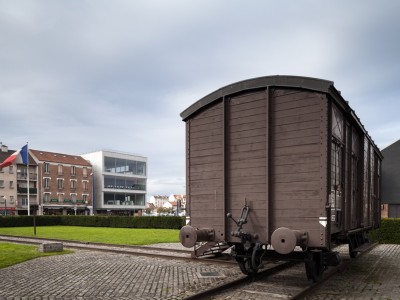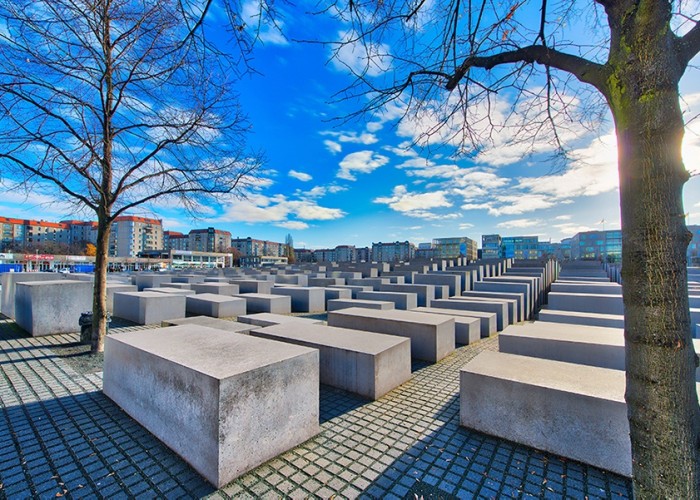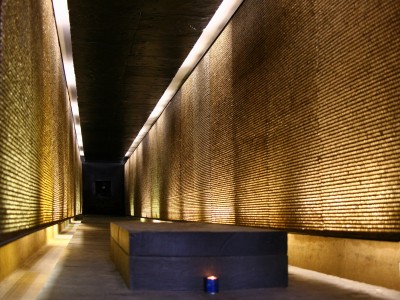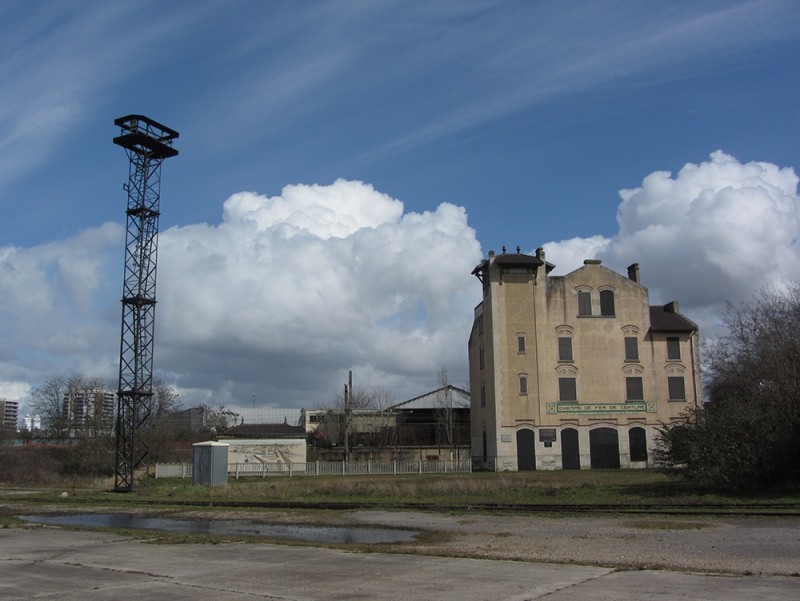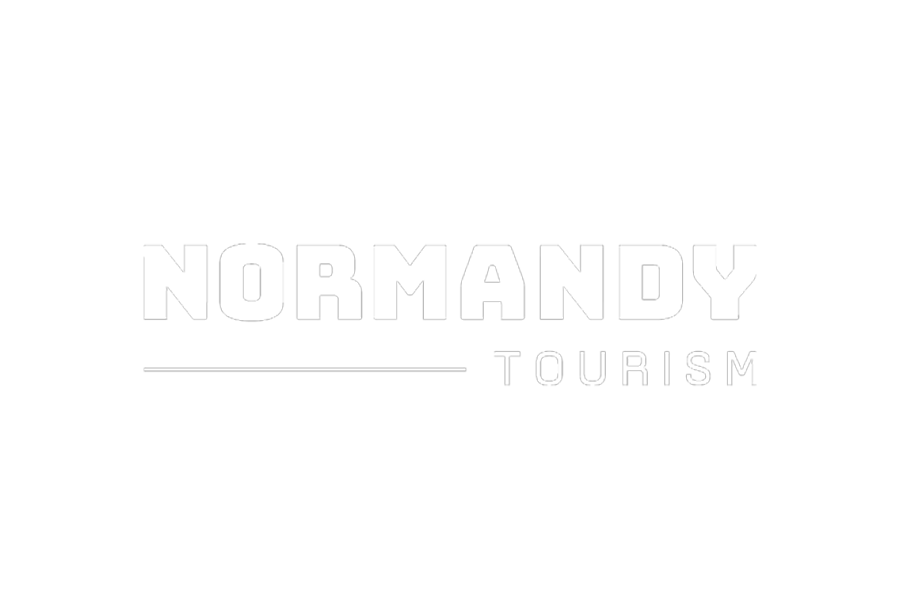History – The Holocaust & Occupation, tour to Paris by coach: 4 days, 3 nights
This is a great cost-effective alternative to Krakow and Berlin for groups studying the Holocaust and WWII. The tour provides numerous opportunities for your students to experience sites and artefacts related to Occupied France, the Resistance and the Holocaust, giving unique insights and understanding of this poignant period in history. Please see the excursions tab for further details of the suggested visits.
Similar tours
Suggested itinerary
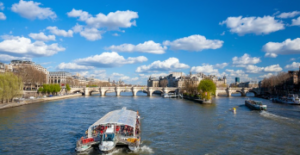
Day one
- Coach and Eurotunnel to Paris
- Take a River Seine Cruise with Bateaux Parisiens on arrival
- Check-in to your accommodation. Evening meal
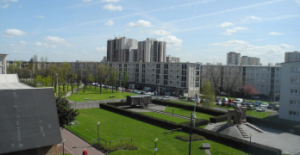
Day two
- Visit the Memorial de la Shoah for a guided tour
- Afternoon visit to the Memorial de Drancy for a guided tour
- Gare de Deportation at Bobigny guided tour
- Evening meal
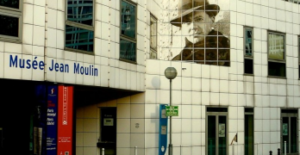
Day three
- Tour Montparnasse
- Visit Musée du Général Leclerc de Hauteclocque et de la Libération de Paris – Musée Jean Moulin
- Afternoon visit to Musée de la Resistance Nationale
- Evening meal
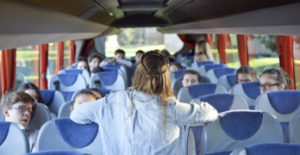
Day four
- Check-out of your accommodation
- Coach and Eurotunnel back to school
Tour gallery
Excursion locator map
Excursion Ideas
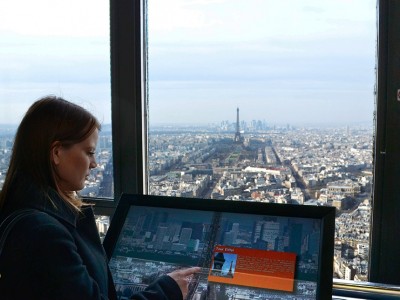
Tour Montparnasse
Subject range: Cultural
What you’ll experience: This is Paris’ only skyscraper and the tallest building in France at 210 metres. You can visit the panoramic floor for fabulous views over the city. The tower is open until late, so it’s also possible to take in the beautifully lit night time beauty of Paris.
Select says: This is by far the best place to view of the Eiffel Tower.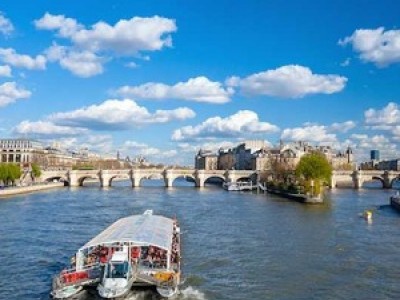
Boat Cruise - Bateaux Parisiens
Subject range: MFL, Art, Cultural
What you’ll experience: One of the best and most relaxing ways to see the sights of Paris is to take a Seine river boat cruise. Starting at the foot of the Eiffel Tower, your cruise will take you up stream to the Ile de la Cité and Notre Dame Cathedral.
Select says: Trips depart every 20 minutes at peak times.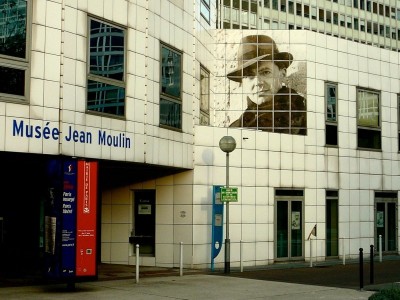
Musée du Général Leclerc de Hauteclocque et de la Libération de Paris – Musée Jean Moulin
Subject range: History
What you’ll experience: The museum opened in 1994 as Musée Jean Moulin to commemorate Jean Moulin, a major figure of the French Resistance, and to detail the occupation of Paris during World War II. The Musée du Général Leclerc de Hauteclocque et de la Libération de Paris is its accompanying museum and commemorates Maréchal Philippe Leclerc de Hauteclocque and the liberation of Paris.
Select says: This museum is currently free to visit.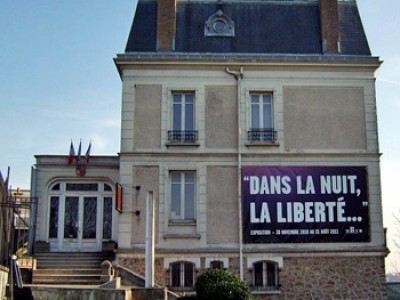
Musée de la Resistance Nationale
Subject range: History
What you’ll experience: The Museum of the National Resistance of Champigny-sur-Marne presents the history of the French Resistance from its origins to the Liberation. Visitors learn about the beginnings of the French Resistance, its rise in power, its progressive unification, its contribution to the liberation of the national territory and to the definition of post-war France. It contains the most important collections relating to French resistance during the Second World War: archives, photographs, watercolours, and various objects.
Select says: An opportunity to see a unique collection of pieces that testify to French social history from 1929 to 1947.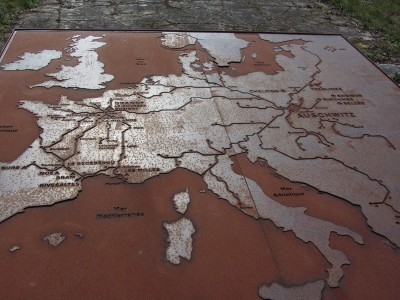
Gare de Deportation de Bobigny
Subject range: History
What you’ll experience: Many of the Jews deported from Drancy would have departed in trains from Bobigny. The visit serves to explain an essential stage in the deportation and the extermination of the European Jews. The idea is also to sensitize visitors to the mechanisms that led to this genocide, to promote the essential values of democracy and to fight against totalitarian and fanatical excesses.
Select says: The site can be visited upon request. The tour lasts on average an hour and fifteen minutes and takes place outdoors in the open air. Please note visits are on a request basis only.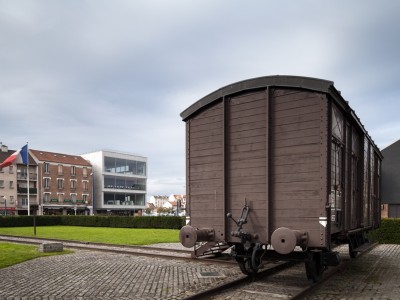
The Shoah Memorial in Drancy
Subject range: History
What you’ll experience: Built as a collective living space in the 1930s but never finished, the Cité de la Muette became an internment camp in 1941, and then in 1942 a regroupment camp for the Jews of France in preparation for their deportation to extermination camps. Between March 1942 and August 1944, approximately 63,000 of the 76,000 Jews deported from France went through Drancy. A permanent exhibition retraces the history and function of the camp as well as the daily lives of those interned there.
Select says: Audioguided visits are available in English.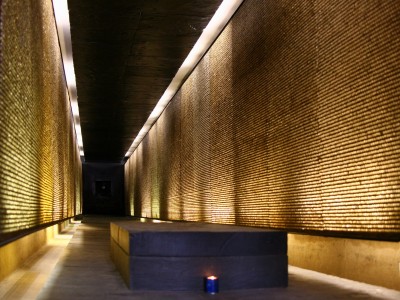
Memorial de la Shoah
Subject range: History
What you’ll experience: This is the French Holocaust Museum located in central Paris. There is a permanent exhibition offering a chronological and thematic visit, with twelve sequences depicting the history of Jews in France during the Holocaust. The exhibition alternates between individual stories and collective history.
Select says: A guided tour is possible for school groups.
History – The Holocaust & Occupation, trip to Paris by coach: 4 days, 3 nights Accommodation
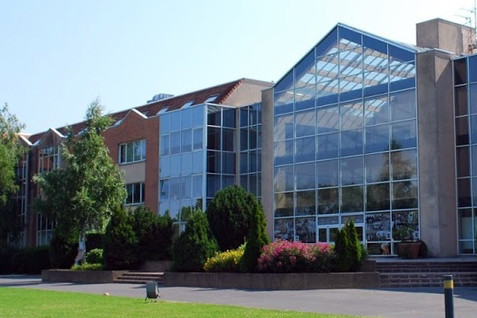
European Campus Sainte Therese
Location: Paris suburbs
Capacity: 130
Situated at Ozoir-la-Ferrière just 25km SE of Paris and 15 minutes' drive from Disneyland Paris. Set in 84 acres of grounds, this quality, purpose built accommodation is ideal for schools and offers excellent facilities alongside good access to Paris.
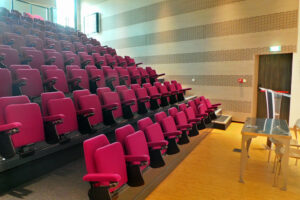
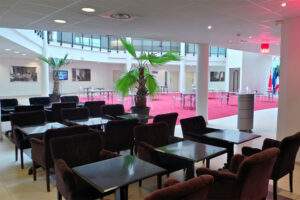
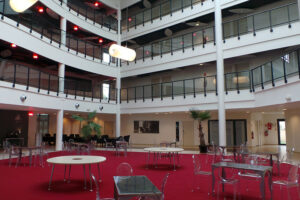
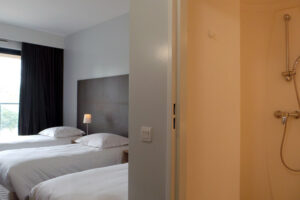
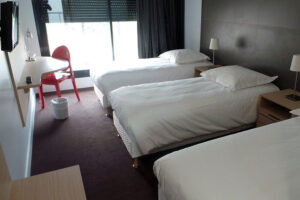
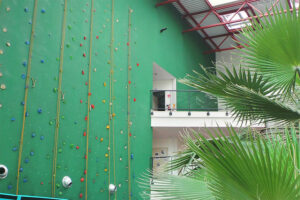
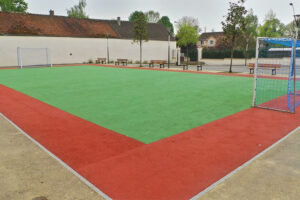
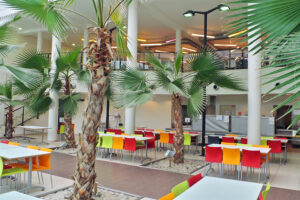
Rooms: Rooms: Sleep 2-4, all with en-suite facilities.
Facilities: Facilities: 24-hour reception, 2 dining rooms, meeting rooms, computer room with 32 computers, free Wi-Fi, extensive grounds including 3 hectares of forest, sports facilities including basketball, football, table tennis, fitness room and more!
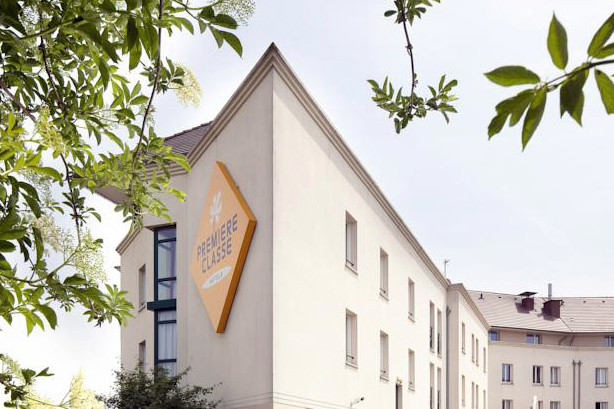
Première Classe - Bussy St George
Location: Paris suburbs
Capacity: 354
Located at Bussy St George, just 25 km from Paris and a short 10 minute walk to the nearest RER station.
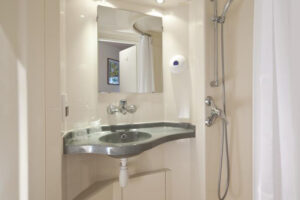
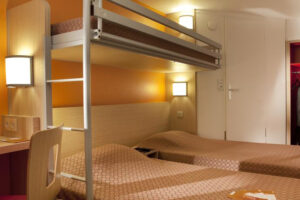

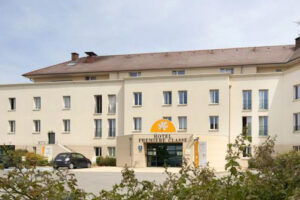
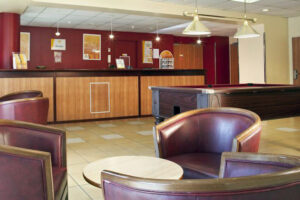
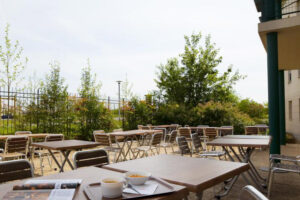
Rooms: Rooms: All rooms have en-suite facilities.
Facilities: Facilities: Breakfast room, meeting room, free Wi-Fi, enclosed garden.
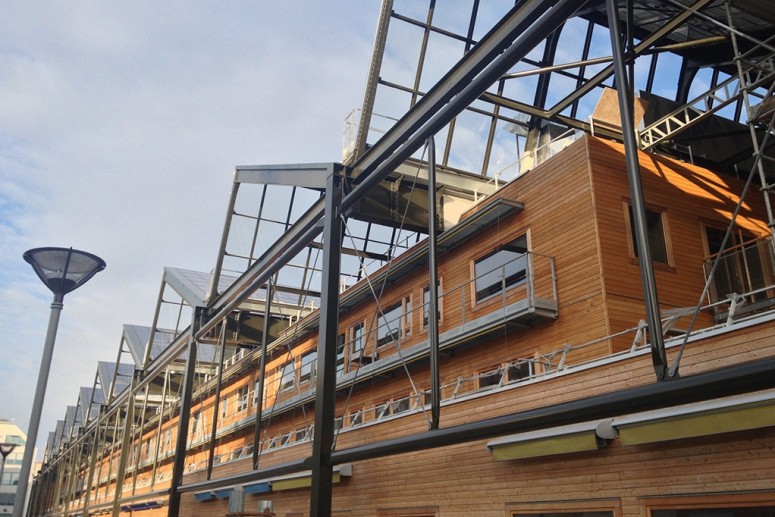
FUAJ Yves Robert
Location: Paris centre
Capacity:
The FUAJ Yves Robert is a modern youth accommodation located in an eco-district close to Butte Montmartre and the Gare du Nord.
Rooms: Sleep 1-6. Please note the rooms feature shared facilities.
Facilities: Wi-Fi, bar, library, relaxation area, TV room.
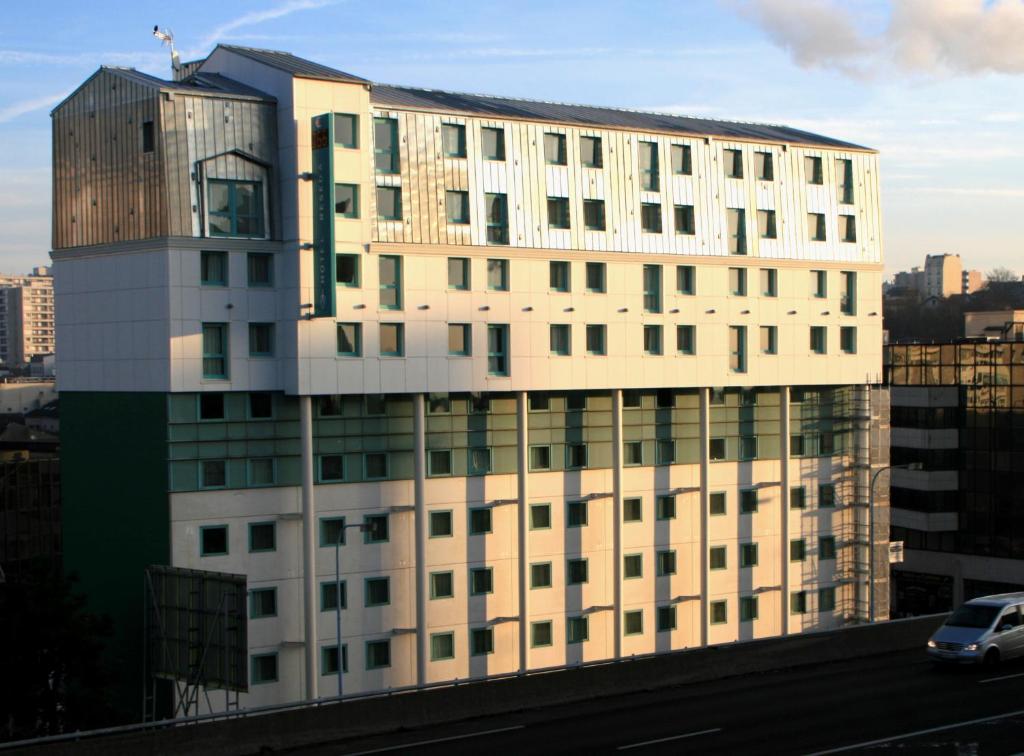
Reseda Hotel
Location: Porte de Bagnolet (East of Paris)
Capacity: 240
Located within easy access of a metro station that will quickly take groups into the city centre, the Reseda hotel offers recently renovated, modern, simple accommodation very suited to groups. Students may also enjoy the nearby shopping centre. Park Asterix is also within easy reach of this hotel.
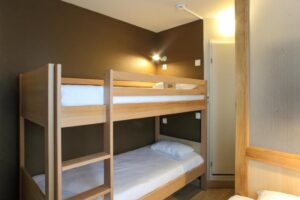
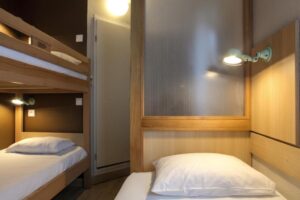

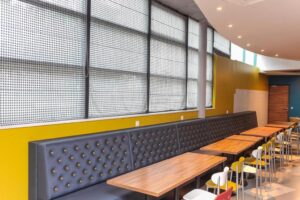


Rooms: Rooms sleep 2-3 people and all have private facilities.
Facilities: Meeting rooms, WI-FI.

Meininger Paris Porte de Vincennes
Location: Porte de Vincennes
Capacity: 946
With metro connections to the city centre and Disneyland (via RER) this hotel offers a good standard of accommodation, perfectly suited to groups.
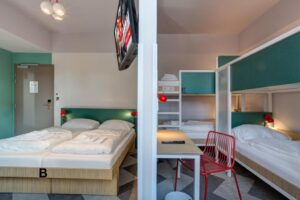
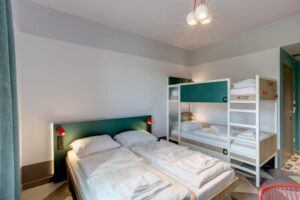





Rooms: Bedrooms sleep 2-6 people and all offer private facilities.
Facilities: Restaurant, bar, breakfast room.
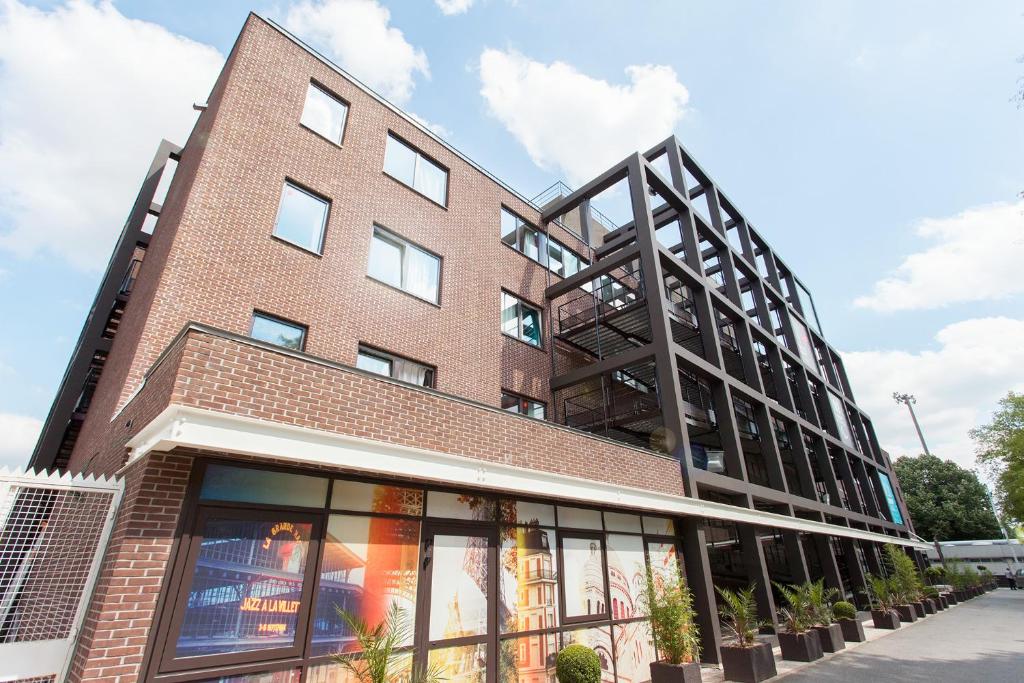
Résidence Internationale de Paris
Location: Paris centre
Capacity: 102
A modern and simple youth accommodation situated in the 20th arrondissement of Paris near to the Paris Péripherique to the east of the city centre. Staff at the Résidence are experienced in accommodating youth groups and your group is sure to have an enjoyable stay.
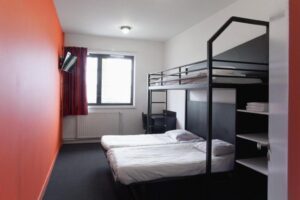
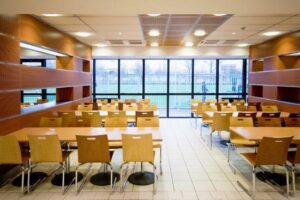
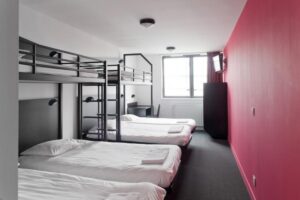
Rooms: Spacious rooms sleeping 3-6, all en-suite.
Facilities: 24 hour reception, free Wi-Fi, packed lunches and hot meals available (on reservation).
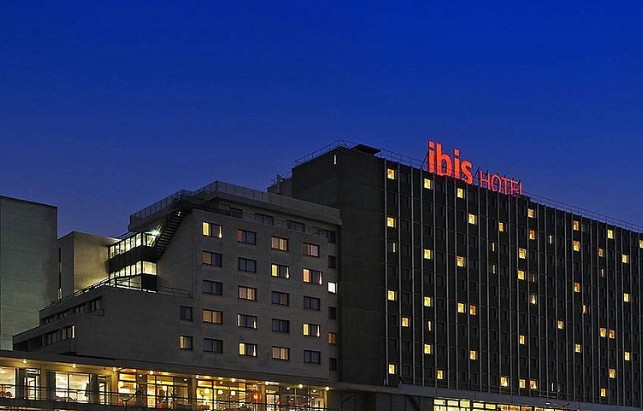
Ibis Paris 17 Clichy-Batignolles 3 stars
Location: Porte de Clichy, Batignolles
Capacity: 970
Located in a vibrant part of Paris and offering good transport links to all parts of the city, this hotel is a great choice for groups.


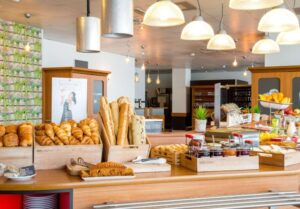
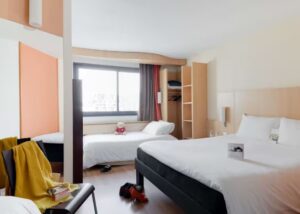
Rooms: Bedrooms sleep 2-4 people and all offer private facilities.
Facilities: Restaurant, bar, breakfast room, free WIFI, meeting rooms.
Links to Learning
Learning areas:
KS3
The development of Church, state and society in Medieval Britain 1066-1509
- the Hundred Years War
The development of Church, state and society in Britain 1509-1745 - Renaissance and Reformation in Europe
Ideas, political power, industry and empire: Britain, 1745-1901 - the French Revolutionary wars
Challenges for Britain, Europe and the wider world 1901 to the present day - the First World War and the Peace Settlement
A study of a significant society or issue in world history and its interconnections with other world developments
KS4
Conflict and tension, 1894–1918 (AQA)
Conflict and tension, 1918–1939 (AQA)
International Relations: the changing international order 1918–c.2001 (OCR)
Appeasement and the Road to War, 1918–1939 (SQA)
The Aftermath of the First World War and the Weimar Republic (CCEA)KS5
The Reformation in Europe, c1500–1564 (AQA)
The Sun King: Louis XIV, France and Europe, 1643–1715 (AQA)
France in Revolution, 1774–1815 (AQA)
International Relations and Global Conflict, c1890–1941 (AQA)
France in revolution, 1774–99 (Edexcel)
The French Revolution and the rule of Napoleon 1774–1815 (OCR)
France 1814–1870 (OCR)
International Relations 1890–1941 (OCR)
The Renaissance c.1400–c.1600 (OCR)
The Development of the Nation State: France 1498–1610 (OCR)
The Ascendancy of France 1610–1715 (OCR)
Charlemagne 768–814 (OCR) Possible links
Political And Religious Change In Europe c.1500-1598 (WJEC)
Europe In The Age Of Absolutism And Revolution c.1682-1815 (WJEC)
Revolution And New Ideas In Europe c.1780-1881 (WJEC)
Europe In An Age Of Conflict And Co-Operation c.1890-1991 (WJEC)
France In Revolution c.1774-1815 (WJEC)
Reformation And Discovery: Europe c.1492-1610 (WJEC)
France: Ancien Régime To Napoleon c. 1715-1815 (WJEC)
Historical Study: European and World (SQA)
The Ascendancy of France in Europe 1660–1714 (CCEA)
France 1815–70 (CCEA)
The Causes and Consequences of Great Power Conflict 1848–1945 (CCEA)
Clash of Ideologies in Europe 1900–2000 (CCEA)- the Hundred Years War

